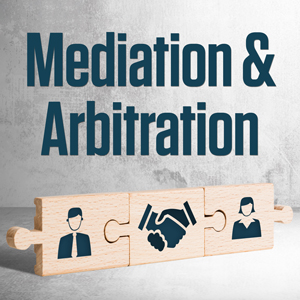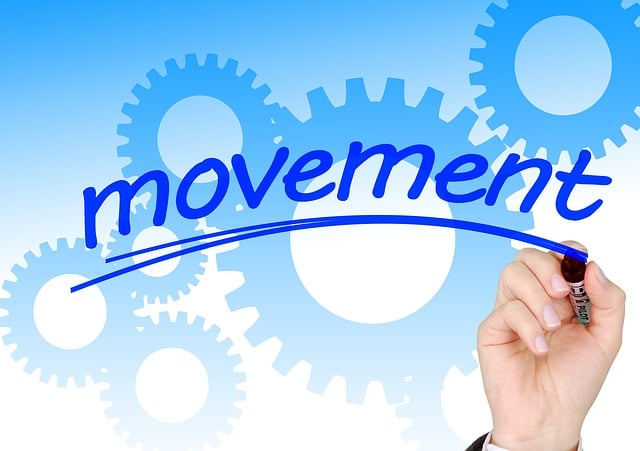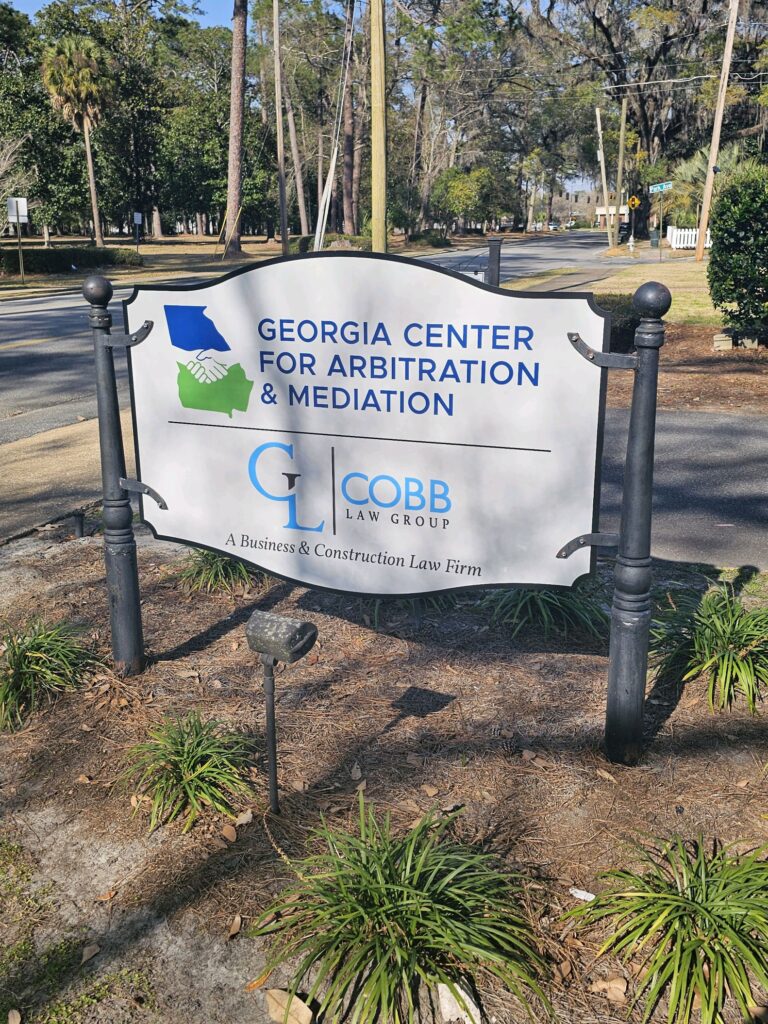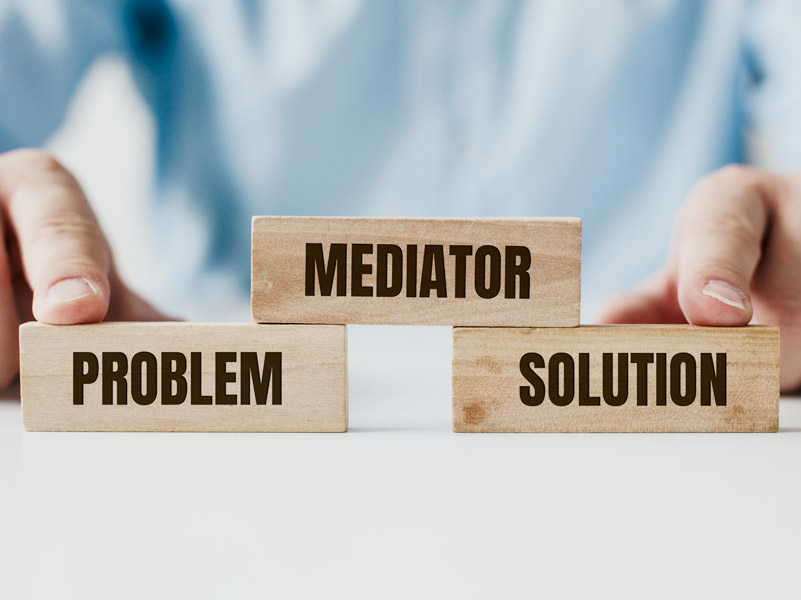
Blog
Mediation and Arbitration: Differences and Similarities in Processes

At the Georgia Center for Arbitration & Mediation, an array of dispute resolution services are provided. From Small Claims to Mediation, to Arbitration and even Special Masters, GCAAM ensures a process that is cohesive with our vision.
There’s often confusion that arises out of discussing dispute resolution avenues, specifically mediation and arbitration. The two are typically used interchangeably, when, in fact, they are separate processes that are appropriate only for their intended procedures and outcomes. Simply put, in a mediation process, a neutral, trained mediator works to help disputants come to a consensus on their own. In arbitration, a neutral, trained arbitrator serves as a judge who is responsible for resolving the dispute.
As mentioned previously, each process has an ideal prerequisite of issues. Mediation can be a better option than arbitration when parties in a dispute want to work together to resolve it on their own. Mediators assist with communication to reach a collaborative resolution, while arbitration is an adversarial procedure in which the arbitrator hears arguments from both sides and makes a decision for the parties. Depending on the parties, the state statutes, and/or the issue at hand, Mediation and Arbitration are more desirable routes than a court proceeding.
In order to consider your options within the realm of dispute resolution, it is vital to understand the advantages of each process and the aspects that set them apart from one another.
Benefits of Mediation:
- Parties are more likely to feel content with the resolution since they created the agreement themselves.
- Mediation is usually not binding, so parties are not forced to agree to an outcome that they aren’t happy with.
- Mediation helps people work collaboratively, which fosters an environment of positivity, further preserving relationships.
- Mediation can be more cost-effective than litigation, especially if parties are able to come to an agreement relatively quickly.
It should also be noted that the neutral has no authority to make a decision or impose a settlement upon the parties. The neutral simply attempts to focus the attention of the parties upon their needs and interests rather than upon rights and positions. Although in court programs the parties may be ordered to attend a mediation session, any settlement is entirely voluntary with mediation. In the absence of settlement, the parties lose none of their rights to a jury trial.
Benefits of Arbitration:
- Disputes are usually resolved quicker.
- It is more cost effective than going through a civil trial.
- The process of presenting your case isn’t as formal.
- Parties can select an arbitrator, which is beneficial to both parties if specialized knowledge is required for the case.
In non-binding arbitration, either party may reject the result by demanding a jury or bench trial in front of the court within a specified period. The essential difference between mediation and arbitration is that arbitration is a form of adjudication, whereas mediation is not.
While both processes aim to aide those involved, it is certainly reasonable to factor in the elements which would benefit each party most. Among these facets, it is encouraged to be mindful when choosing a neutral and/or arbitrator. Per the Georgia Office of Dispute Resolution’s rules and procedures, a neutral should meet various requirements based on their intended practice area. It is important to be mindful of a neutral’s strong suits and whether they are experienced in the nature of your dispute.
Arbitration and Mediation both involve working with a third party to help resolve a dispute. Some notable similarities include:
- The dispute, and the process of resolving it, can remain private rather than becoming public record through a court proceeding.
- The process of resolving the dispute can be faster and cheaper than if the case progressed to litigation.
- Both arbitration and mediation may be required in specific circumstances such as when a contract contains an arbitration clause or when state laws require mediation in certain situations (i.e. custody and divorce cases).
- Typically, parties involved in a dispute can select their arbitrator and/or mediator.
It is important to note some key differences between Mediation and Arbitration:
- Arbitration may be legally binding and prevent the parties from accessing the court system. Meanwhile, reaching an agreement in mediation is voluntary.
- Mediators remain neutral and help the parties involved resolve disputes themselves. With arbitration, the arbitrators resolve disputes for the parties.
- Mediation encourages and facilitates communication between the parties while arbitration involves each party presenting their case to the arbitrator.
- Mediation is typically more amicable and collaborative, while arbitration is adversarial.












